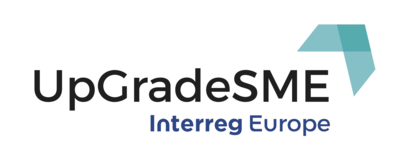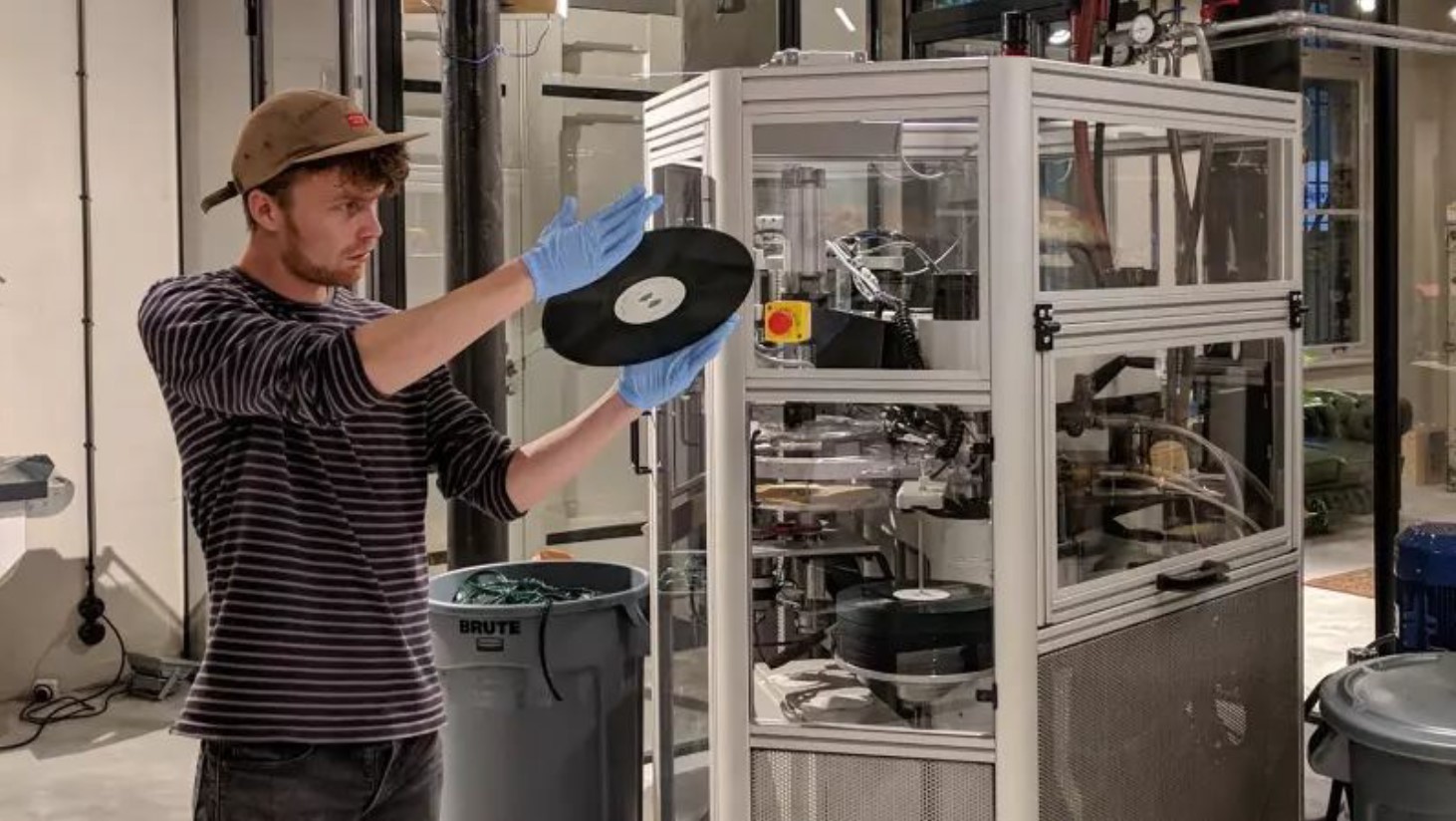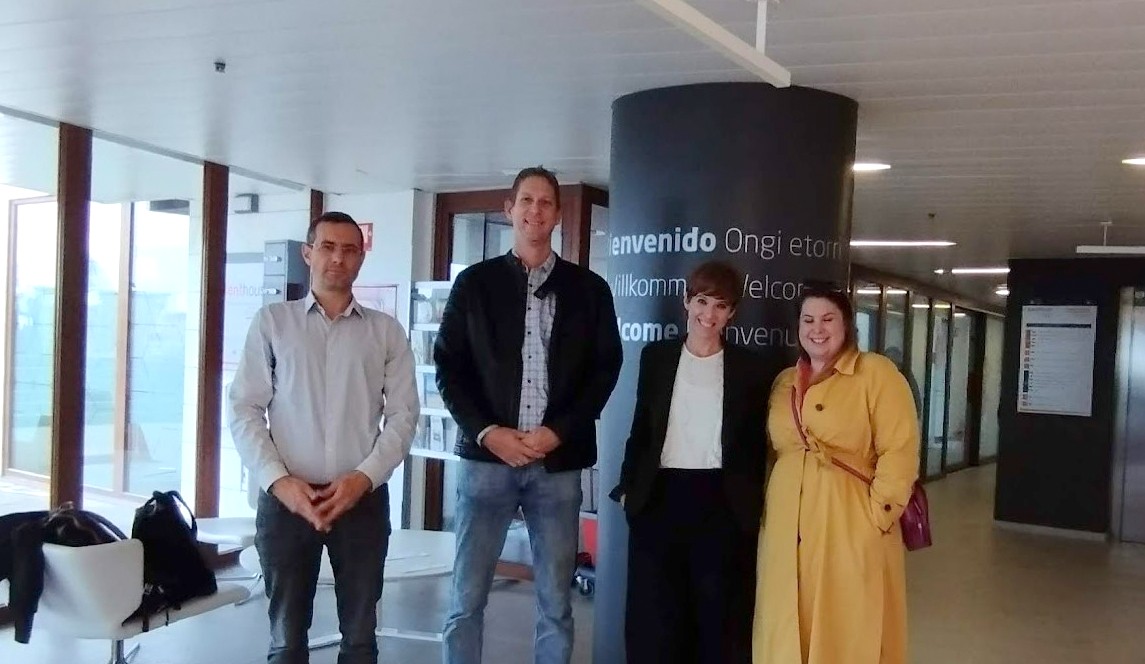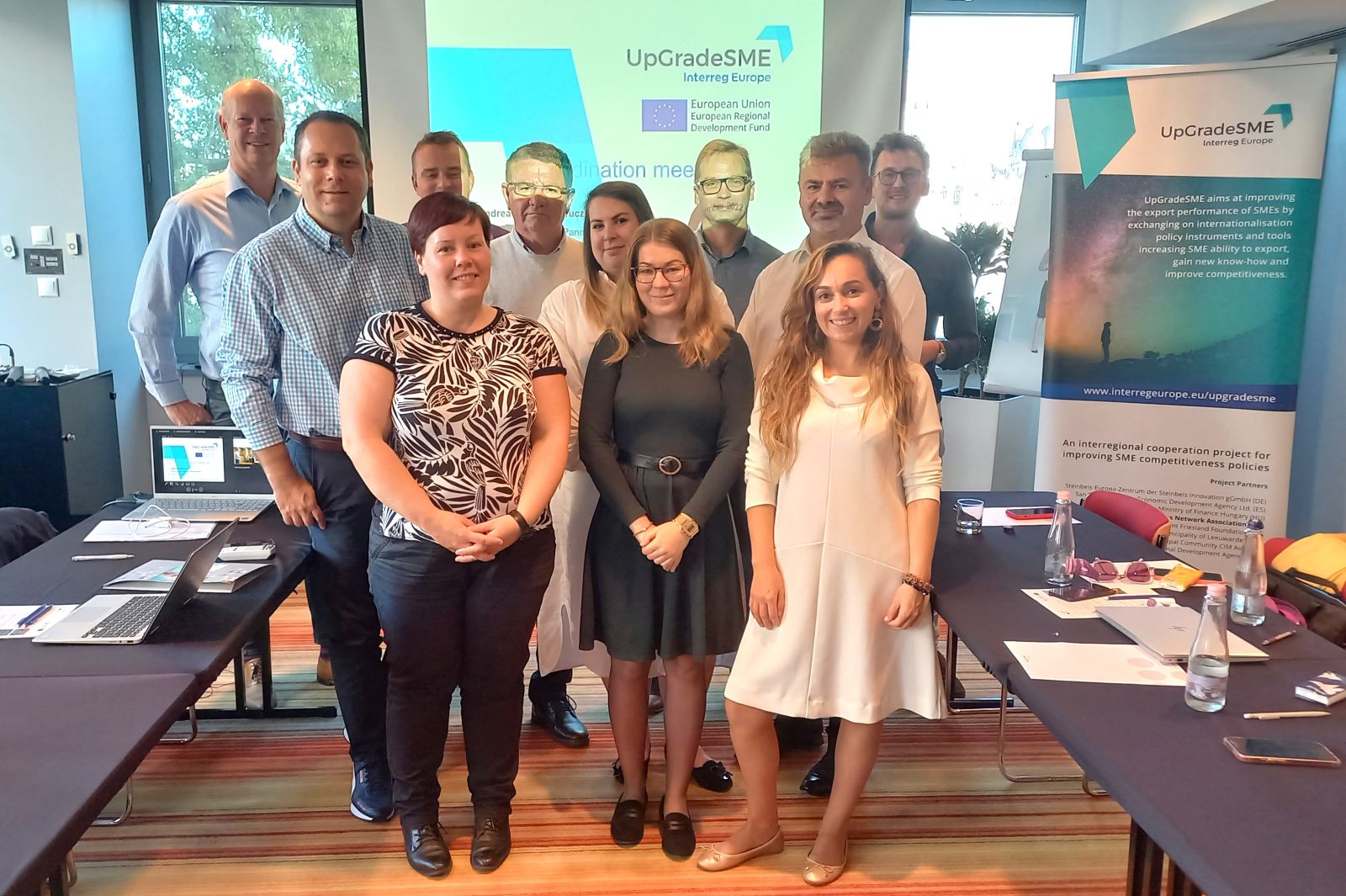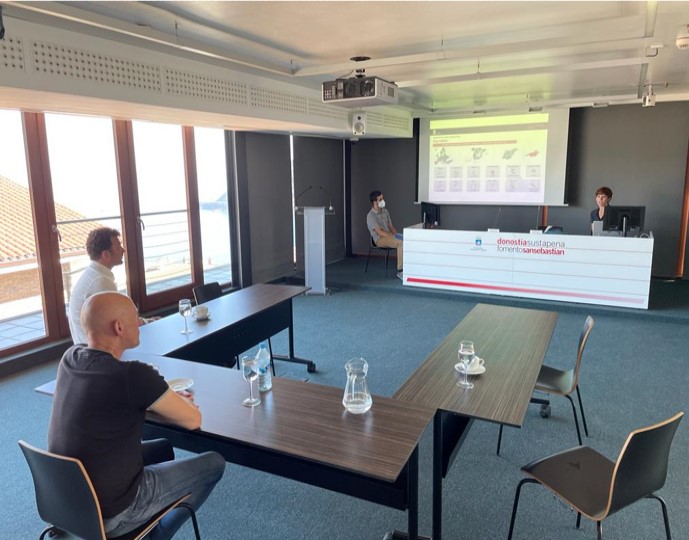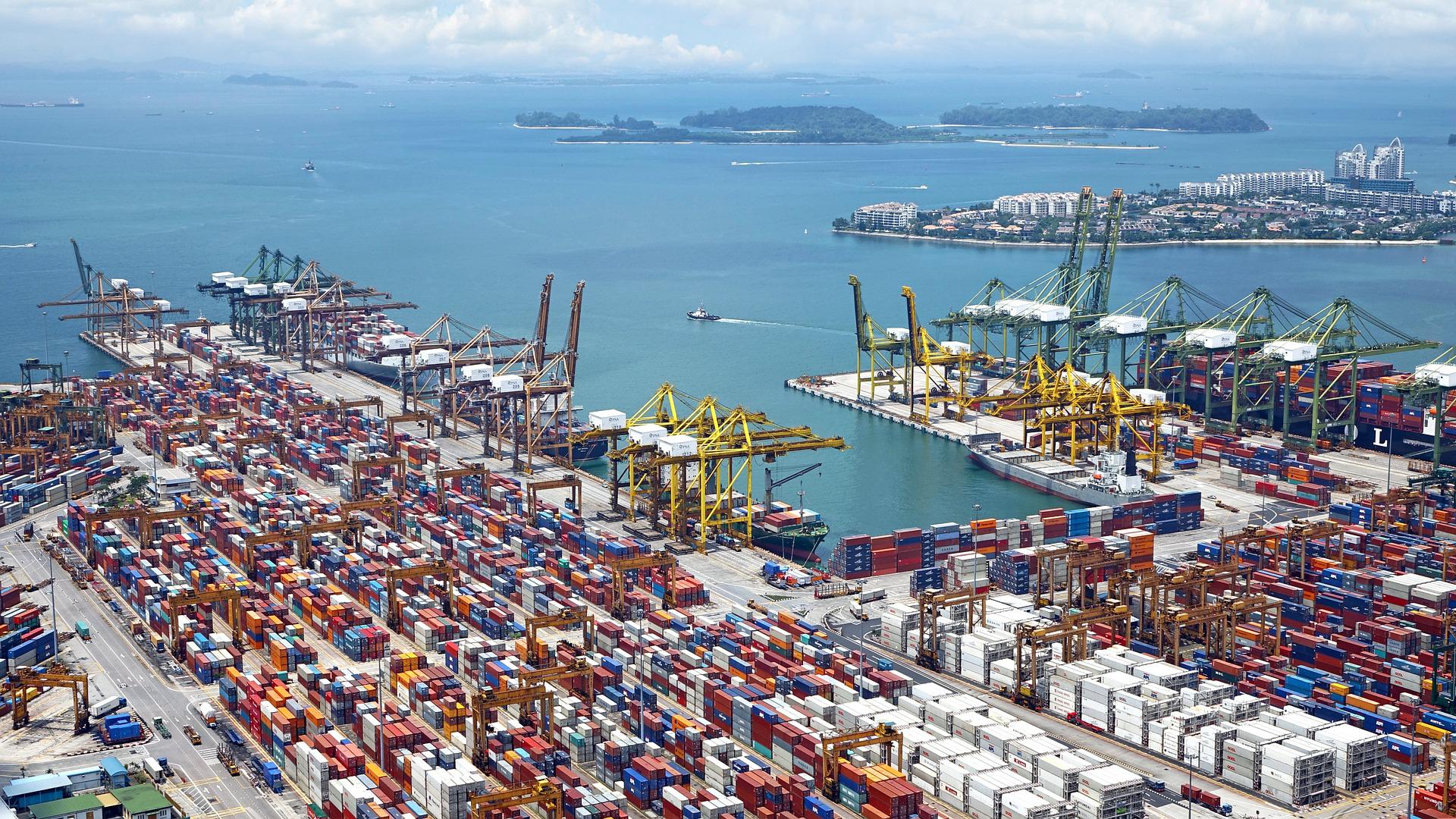A looming trade war, multilateral cooperation at stake and multi-dimensional geopolitical and economic challenges: At the GlobalConnect Business Congress 2018, high-ranking representatives from politics and business discussed current trends in international markets and provided useful recommendations.
On 20 and 21 June 2018 GlobalConnect, Germany's largest Forum for Exports and Internationalisation took place, connecting internationally operating companies with service providers, chambers of commerce, company networks and business promoters from all over the world. More than 300 speakers, 120 specialist talks and 15 guest congresses provided wide range of information and numerous possibilities to discuss opportunities for exports and internationalisation. The Ministry of Economic Affairs, Labour and Housing Baden-Württemberg together with chambers and industrial associations are partners of the Fair.
Steinbeis-Europa-Zentrum and Steinbeis 2i GmbH were invited by the Landesverband der Baden-Württembergischen Industrie (LVI) to deliver a panel on European funding opportunities for business. The session started with a presentation to provide participants with an overview of EU funding schemes and opportunities, followed by a panel discussion facilitated by Dr. Petra Püchner, the Commissioner for Europe of the Minister of Economic Affairs, Labour and Housing Baden-Württemberg. The panel - among experts of the economy and industry as well as the higher education sector - discussed best practice examples from various European projects already underway.
Following the session, the Commissioner for Europe organised a Joint Local Stakeholder Meeting in the context of of the UpGradeSME project.

After a short introduction of Upgrade SME, Dr. Püchner invited the stakeholders of the industry, innovation and higher education sector of Baden-Württemberg represented by LVI , Steinbeis-Europa-Zentrum and the University of Reutlingen to discuss issues around internationalisation services to SME in Baden-Württemberg.
During the meeting participants among other issues had the opportunity to discuss the role of the Commissioner for Europe in relation to research, innovation and internationalisation of SMEs. The Commissioner explained the history of the Position of the Commissioner for Europe as well as the lessons learned. The Commissioner for Europe has a key focus on research and innovation for the benefit of industry, mainly SMEs on a European Scale. This means, that through RTD+I companies are connected to potential partners and stakeholders across national borders, thus fostering also internationalisation of the business and its processes and products. Since its start in 1990, the Commissioner serves as contact point for companies and providing advice and assistance when it comes to European research and innovation support, the formation of international consortia and project bidding for funding.
Today, the operating units of Steinbeis-Europa-Zentrum comprise over 60 staff members, working in and for all types of industries not only in Baden-Wuerttemberg, but also abroad.
The Question raised was, how the Commissioner could enhance internationalisation or Baden-Wuerttemberg SME even more through innovation.
Senator Wolf of the Industry Association of Baden-Württemberg proposed to strengthen the political-operational activities of the Commissioner for Europe and underlined the importance of continuous direct and regular communication with the Ministry. A closer linkage with the European bodies, a more direct communication between the Commissioner and the European Stakeholders would support the transfer of new ideas and developments on policy and measures. This enables the stakeholders in Baden-Württemberg to act quicker and make best use of European instruments. In this respect, a regular representation of the Commissioner for Europe in the Representative Office of Baden-Württemberg in Brussels was underlined.
It will also be crucial to increase the awareness on digitisation in the single digital market and support SME to make use of the various instruments and support schemes. Prof. Hertweck of the University of Reutlingen has made good experience with Interreg and Research Framework Programmes to support larger groups of SME in getting closer to new developments and exploitation of research. This is a major issue in digitisation. Thus the Commissioner for Europe is also a bridge between research and industry. Regular visits, targeted to the needs of SME as for example through digital hubs at Universities are a way to support both cooperation and exchange. Regional ecosystems and sectoral cooperation could also help to strengthen local stakeholders e.g. in industries with a specific location. In addition to that, deep collaboration helps to pool and provide intercultural competences in various programme areas among European regions.
